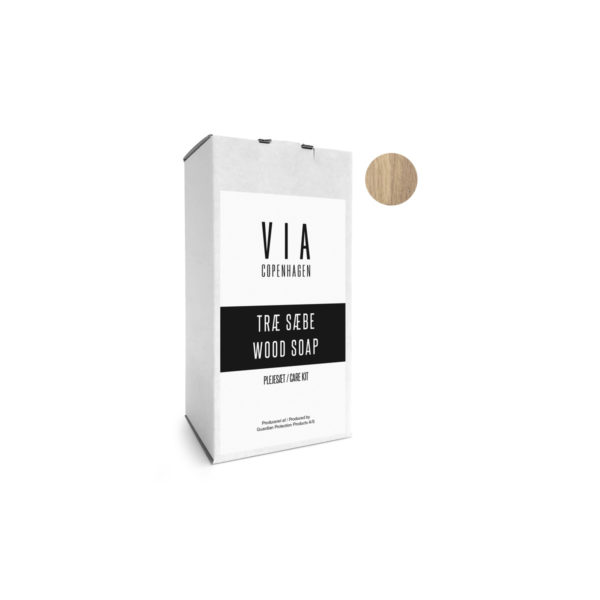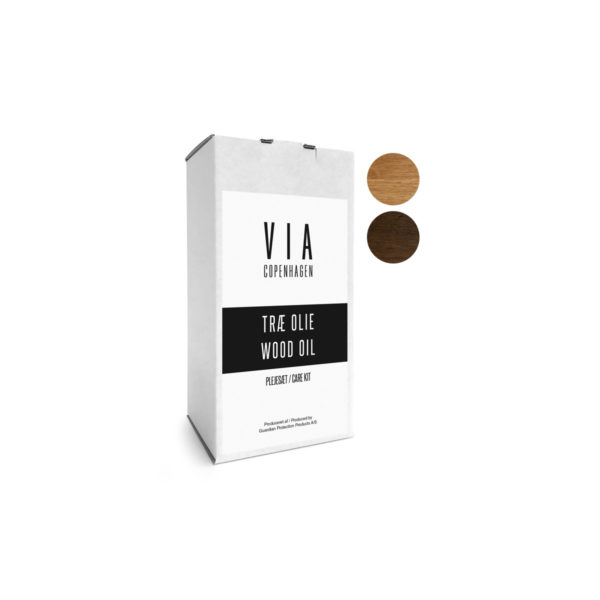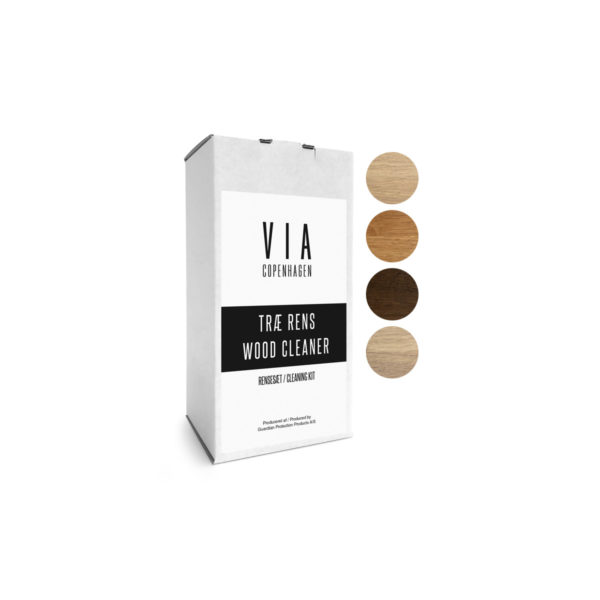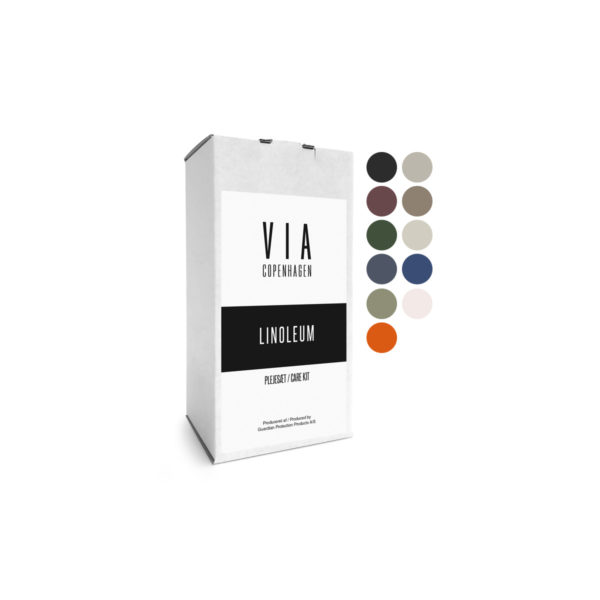Care kit (for white-oiled wood)
Care set includes
- 200 ml Guardian Wood White-pigmented Oil
- Soft sponge
- Lint-free cloth
- Abrasive sponge (grit 220)
Tips
- Carry out every-day cleaning using a hard-wrung cloth.
- Avoid the use of alcohol, petrol, ammonia, chlorine or other powerful cleaning agents.
- For difficult stains, we recommend washing the wood using Guardian Wood Cleaner.
- If the wood ”expands” (becomes rough), sand it lightly using fine sandpaper (grit 200-240) – never use steel wool!
- Always treat, clean or sand the wood along the grain of the wood.
- Avoid placing hot and damp objects on the wood, as this may cause staining.
- Avoid placing the furniture near powerful heat sources (wood stoves and radiators), as this may dry out the wood and cause small cracks.
- Never permanently cover wood with airtight materials (waxed fabric) for extended periods of time.
- When treating tabletops, treat both the top and bottom of the tabletop to minimise the risk of cracking and warping.





